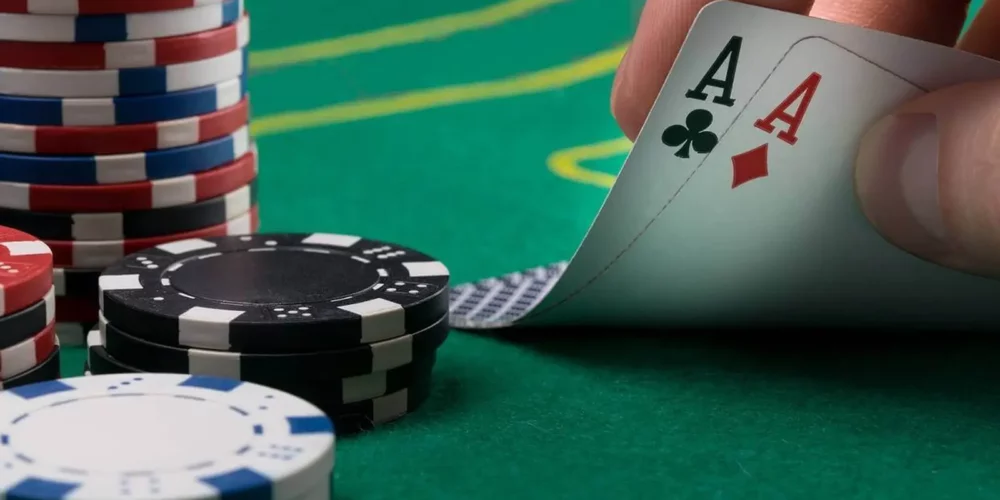Lowering the house edge and achieving a win are the two goals of every blackjack player. Mastering the rules and learning about the advantages, disadvantages, and when to find the ideal moment to split are the keys to success.
In blackjack, a player can split a hand when he or she has been dealt two cards of the exact same value, like two aces or two kings. There are certain blackjack variants that allow you to split two different face cards (any jack, queen, and king) due to the fact that they are all valued at 10 points.
Once you have made the decision to split, you have to make an extra bet amounting the same as your original one in order to play your second hand. For each new hand that came out of separating your equally valued cards, the croupier will give you an additional card. The game will continue and you will play each of your hands separately, having the option to hit, stand, double down, or split if you are dealt two matching cards once again. There are some games that will not let a player split twice, and this is one of the main differences between poker variants.























